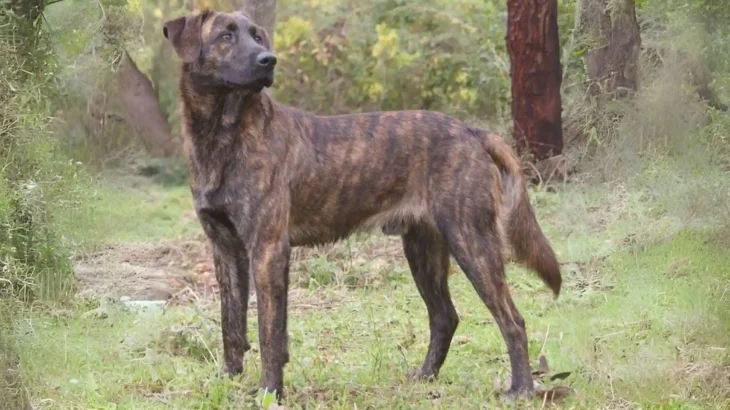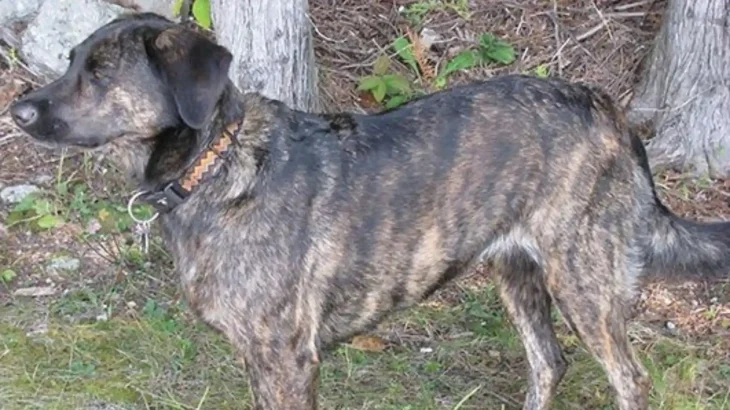Deciding whether to adopt or purchase a Treeing Tennessee Brindle puppy involves weighing factors like health transparency and ethical considerations. Purchasing from a breeder often means clearer insight into the puppy's background and pedigree, while adoption supports providing a home to a dog in need. Both routes have their unique benefits depending on what matters most to you.
Here is a quick look at adoption vs. breeder:
| Criteria | Buying from Breeder | Adopting from Shelter/Rescue |
|---|---|---|
| Cost | Higher upfront cost due to pedigree and care (often several hundred dollars). | Lower fees; usually includes vaccinations and spay/neuter. |
| Health History | Usually detailed records and genetic screening. | Health history may be incomplete, but basic checks are standard. |
| Age Availability | Mostly young puppies for early training. | Dogs of all ages, including adults, offering different options. |
| Temperament Insight | Breeders often share lineage temperament traits. | Behavioral traits may be known, but full history can be unknown. |
| Supporting Practices | Supports registered breeding aligned with breed standards. | Supports animal welfare by rescuing dogs needing homes. |
| Ethical Considerations | Choose ethical breeders to avoid puppy mills. | Gives dogs a second chance and helps reduce shelter populations. |


















































